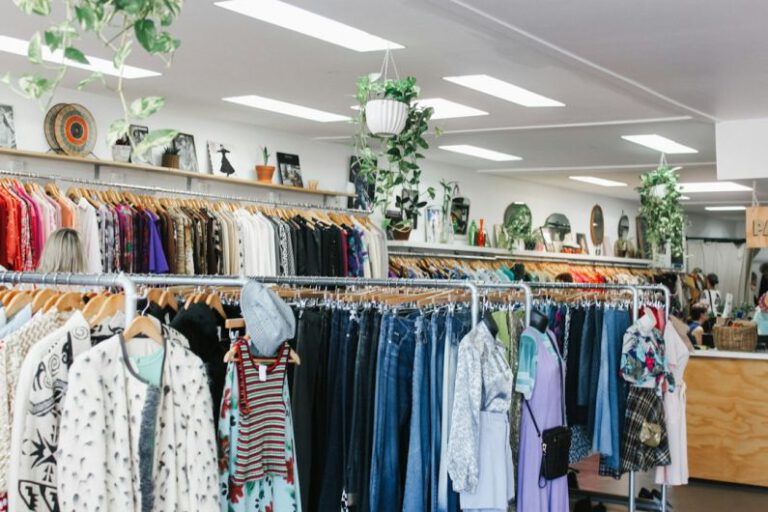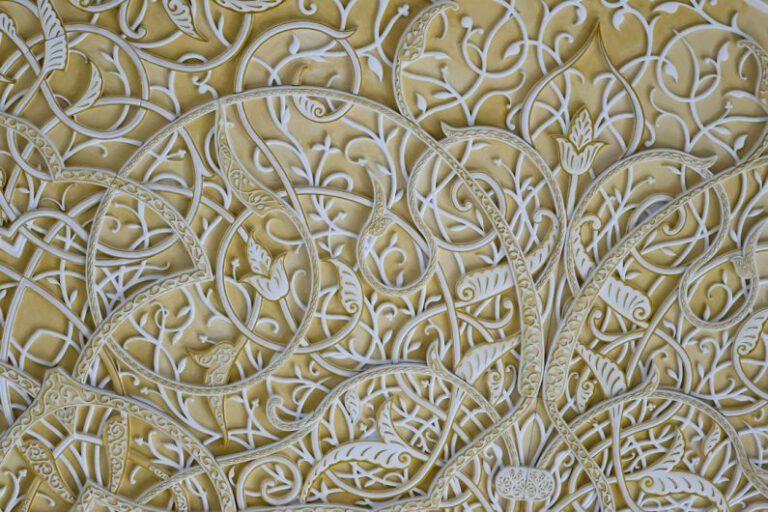Why Are Handmade Goods More Valuable?
In a world dominated by mass production and machine-made products, handmade goods have become increasingly valuable. What is it about these artisanal creations that make them so highly sought after? From the attention to detail to the unique character they possess, handmade goods offer a level of quality and authenticity that cannot be replicated by their mass-produced counterparts. In this article, we will explore the reasons why handmade goods are more valuable and why consumers are willing to pay a premium for them.
1. Quality and Attention to Detail
One of the most significant factors that contribute to the value of handmade goods is the level of quality and attention to detail that goes into their creation. Unlike mass-produced items, which are often produced in large quantities with little regard for individual craftsmanship, handmade goods are meticulously crafted by skilled artisans. Every stitch, brushstroke, or carve is done with precision and care, resulting in a product that is not only visually appealing but also built to last.
2. Uniqueness and Individuality
Handmade goods are inherently unique and carry an individuality that cannot be replicated. Each piece is a reflection of the artisan’s creativity and personal touch, making it one-of-a-kind. Whether it’s a hand-knit sweater, a hand-painted artwork, or a hand-carved wooden bowl, these items possess a distinct character that sets them apart from mass-produced alternatives. This uniqueness adds value to the product and makes it more desirable for those seeking something truly special.
3. Supporting Local and Independent Artisans
Another reason why handmade goods are valued is the support they provide to local and independent artisans. When purchasing handmade products, consumers are directly supporting the livelihoods of these talented individuals. This connection between the creator and the consumer adds an emotional element to the purchase, giving it a deeper sense of meaning and purpose. By buying handmade, consumers become patrons of the arts and contribute to the preservation of traditional craftsmanship.
4. Sustainable and Ethical Practices
In recent years, there has been a growing awareness and concern for sustainability and ethical practices in manufacturing. Handmade goods often align with these values as they are typically produced using sustainable materials and traditional techniques that have been passed down through generations. By choosing handmade, consumers can rest assured that their purchase is not contributing to exploitative labor practices or environmental harm. This ethical aspect adds value to the product and resonates with conscious consumers who prioritize these values.
5. Emotional Connection
Handmade goods often evoke strong emotional connections in their owners. Whether it’s a sentimental piece of jewelry, a handcrafted piece of furniture, or a piece of artwork that speaks to the soul, these items have the power to evoke a sense of nostalgia, joy, or inspiration. This emotional connection adds immeasurable value to the product and makes it more than just a material possession. Handmade goods become cherished heirlooms that are passed down through generations, carrying stories and memories with them.
In conclusion, handmade goods are more valuable due to the quality and attention to detail that goes into their creation, the uniqueness and individuality they possess, the support they provide to local and independent artisans, their alignment with sustainable and ethical practices, and the emotional connection they create. These factors combine to make handmade goods highly sought after and worth the premium price tag they often carry. So the next time you come across a handmade treasure, consider the story behind it and the value it holds beyond its physical form.






